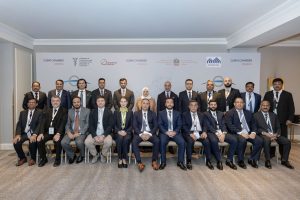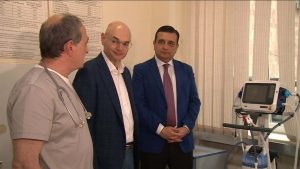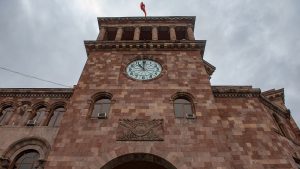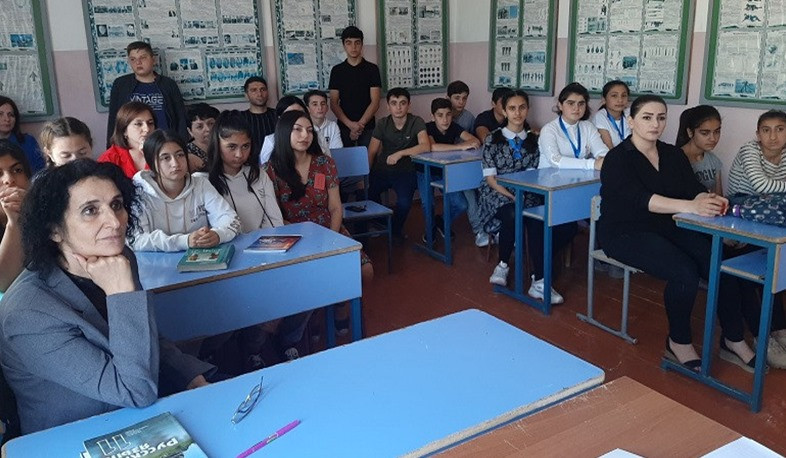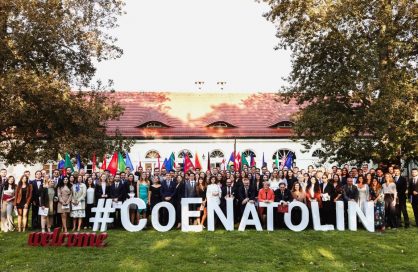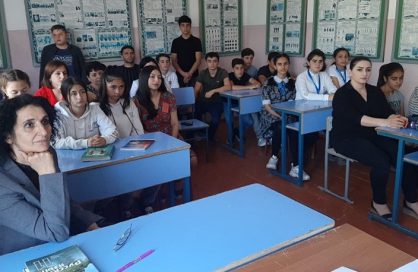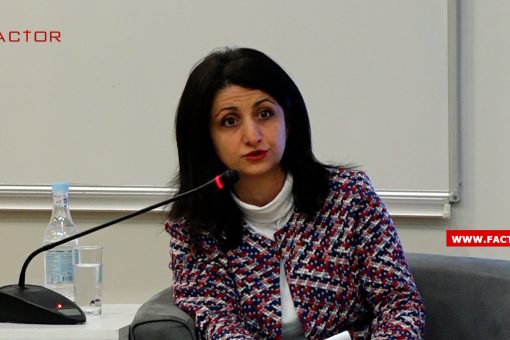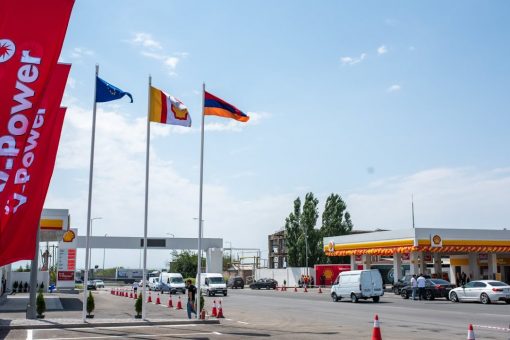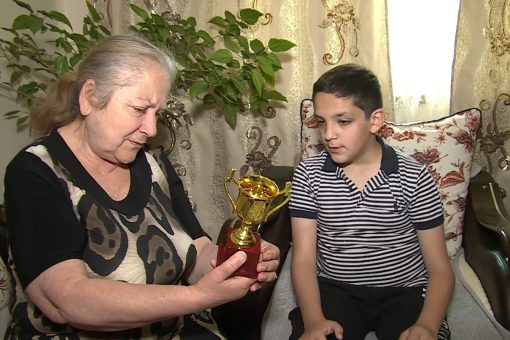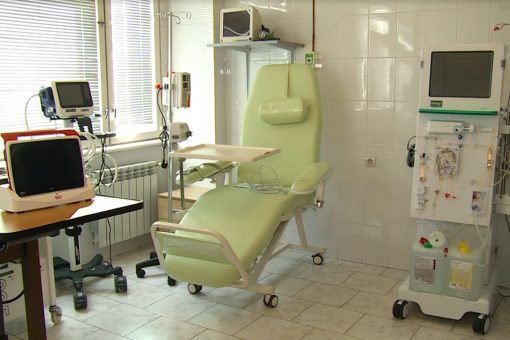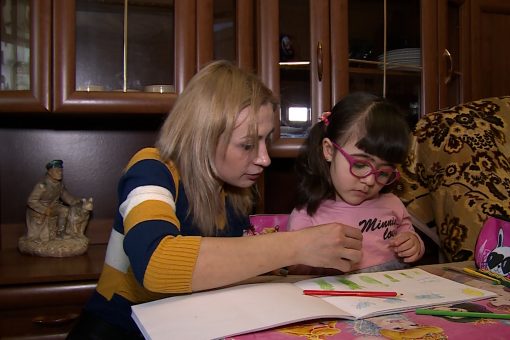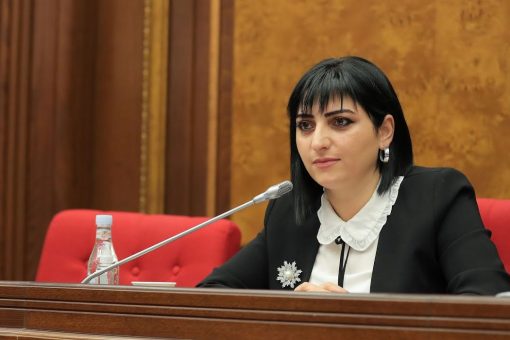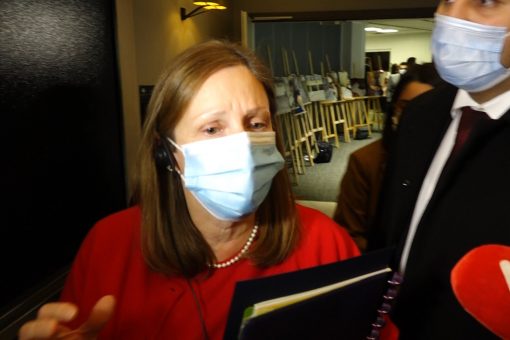Creating a scientific ecosystem that aligns with – the country’s specific needs requires a systematic approach. Gituzh urges the government to reassess its current unsystematic methods
SOCIETY
07.09.2023 | 16:12
In light of the ongoing developments related to science policy and discussions surrounding the “Academic City” project, the “Gituzh” initiative issues the following statement:
Over the past two and a half years, the responsible ministries within the Armenian government (Ministry of Education, Science, Culture and Sports; High Tech Industry Ministry; Ministry of Economy) have failed to collaboratively define clear scientific priorities aligned with the Republic of Armenia’s goals and needs. Consequently, they have failed to give due importance to, and have not included on their agenda, the development of a national research and innovation system explicitly tailored to address and support these priorities.
As a result, Armenia’s research and development policies continue to lack coherence, relying on superficial research and abrupt solutions.
Specifically:
- The “Academic City” project lacks a clear purpose in addressing the state’s challenges through science and lacks the necessary steps to achieve this goal.
- On July 17, an invitation for conceptual proposals was posted on the Ministry of Education, Science, Culture and Sports’s webpage, stating that starting in 2027, state funding and support will exclusively be allocated to expanded universities and affiliated scientific organizations. In simpler terms, only research institutes integrated with universities will qualify for state support and funding. Consequently, the concerns voiced by numerous stakeholders now manifest as official state policy. This underscores the government’s persistent lack of recognition regarding the significance of public research institutes in bolstering the state’s competitiveness, disregarding international best practices in the process.
- A comprehensive government strategy delineating the connection between industry and science, which should have served as a fundamental cornerstone for the “Academic City” project, is conspicuously absent.
- Over consecutive years, the Armenian government has consistently fallen short of fully implementing the Defense Ministry’s plans, which are already considered modest by international standards.
In light of the aforementioned points, the “Gituzh” initiative calls upon the government to:
- Publicly commit to investing taxpayers’ funds in establishing a national research and innovation system primarily focused on addressing the challenges faced by the Republic of Armenia.
- Designate responsible parties tasked with defining research priorities that are in alignment with Armenia’s goals and needs. Craft a comprehensive concept and action plan to construct a competitive scientific ecosystem that systematically caters to these priorities.
- Refrain from making any managerial and systemic changes related to science, which forms the foundation of our statehood, until the goals, priorities derived from them, and the key performance indicators (KPIs) for investing taxpayers’ money in scientific research and R&D work have been defined.
In particular, refrain from treating science solely as a component serving education, while disregarding the necessary steps needed for building a robust national research and innovation system. This includes recognizing the importance of having public research institutes and developing them in a targeted manner, as well as the imperative to establish new ones as needed.
The vision for a strong research and innovation ecosystem stems from the aspiration of having a prosperous and secure Republic of Armenia. This vision gained prominence following the 44-day war, thanks to the dedicated efforts of the Gituzh community. Consequently, Gituzh consistently underscores the term “competitive system” by emphasizing its role in serving the country’s security and development objectives and requirements. These emphases hold significant importance in our pursuit of progress.
The development of a strong research and R&D ecosystem in Armenia is integral to the state’s competitiveness and cannot be resolved solely through an unsubstantiated project.











